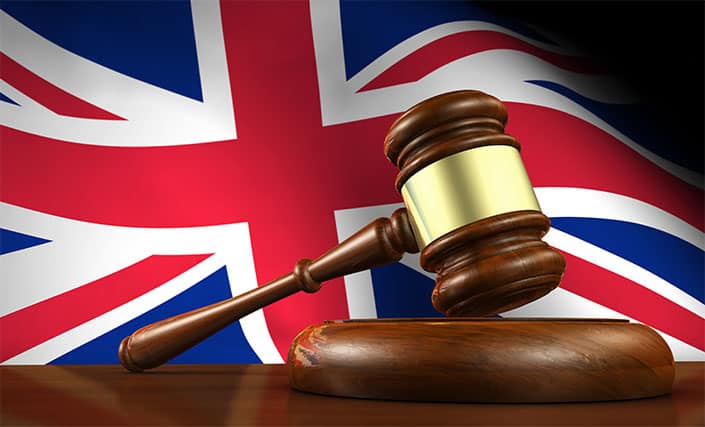A U.K. district judge, Vanessa Baraitser, ruled last week that Julian Assange would not be extradited to the United States, saving the WikiLeaks founder from isolated conditions described as “oppressive” by the judge. A few days later, Baraitser denied bail to Assange as the U.S. Department of Justice prepares its appeal of the extradition decision.
The U.S. government wanted Julian Assange to be brought to the country and face charges of hacking government computer networks and espionage for disclosing national defense information as a part of his work at WikiLeaks, an organization that publishes classified or leaked material obtained by whistleblowers.

Lawyers representing authorities in the U.S. are preparing to appeal the British judge’s ruling at London’s Central Criminal Court on Monday. Interestingly, the ruling did not accept the defense’s arguments that U.S. authorities would not give Assange a chance at a fair trial if extradited to the U.S. Instead, Judge Baraitser gave due consideration to the conditions and procedures Assange would have to endure in U.S. prisons, which could break him to the point of suicide.
At the same time, Baraitser rejected arguments from Assange’s lawyers turn by turn and agreed with assertions made by U.S. authorities that Assange’s work did not represent journalism.
However, after looking at Assange’s medical reports, the judge ruled that the overall impression of Assange’s mental health was of concern, and extradition to the U.S. would only compound his risk for suicide.
As a refresher, American authorities want Assange extradited to the U.S. to face charges for leaking hundreds of thousands of classified documents about wars in Iraq and Afghanistan, in addition to diplomatic cables back in 2011 and other leaks. In all, Assange has been indicted on 17 counts of espionage and one count of conspiring to commit computer hacking to gain access to classified information.
U.S. authorities have two weeks to lodge an appeal against the ruling.
Meanwhile, hopes were high that Assange’s defense team would be able to secure bail on Wednesday, but the judge ultimately rejected their arguments as the U.S. Department of Justice prepares its appeal arguments.
After the judgment was announced, Amnesty International released a statement approving of the ruling but denouncing the U.K. for taking part in a political process at the request of authorities in the U.S. The organization also said that the U.K. had put freedom of expression and press freedom on trial.
Andres Manuel Lopez Obrador, the president of Mexico, said on Monday that his foreign minister had approval for offering Assange political asylum in the country because he considered Assange a journalist who deserves a second chance.
If Assange is convicted of all 18 charges levied against him, he could face 175 years in prison—10 years for each count of espionage and five years for each count of conspiracy to commit computer intrusion.

